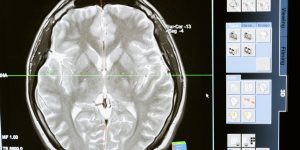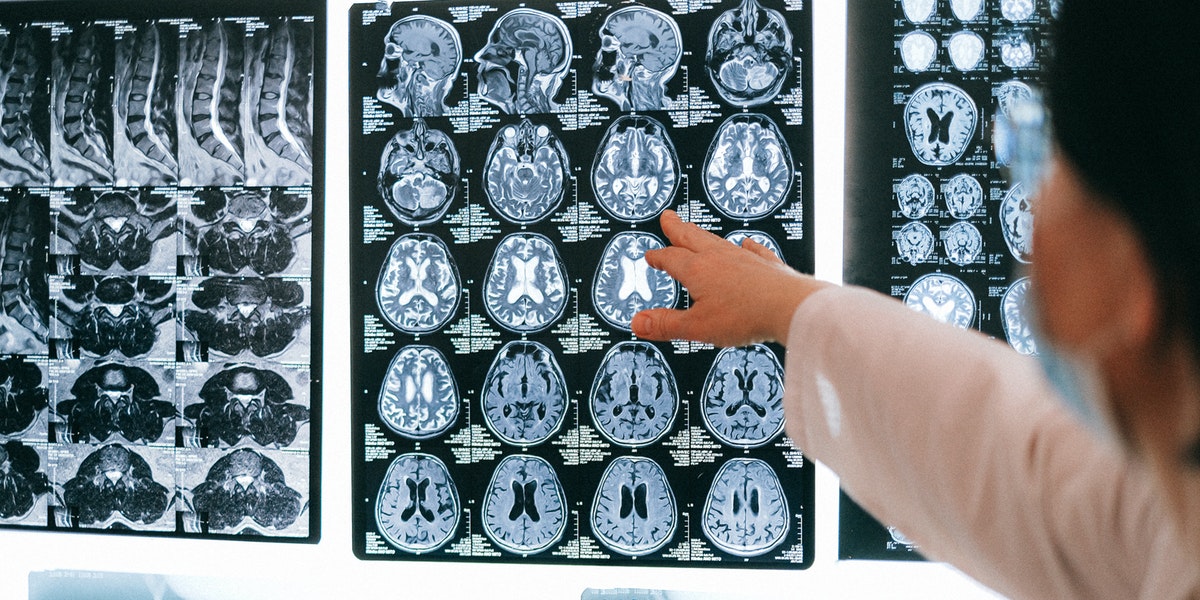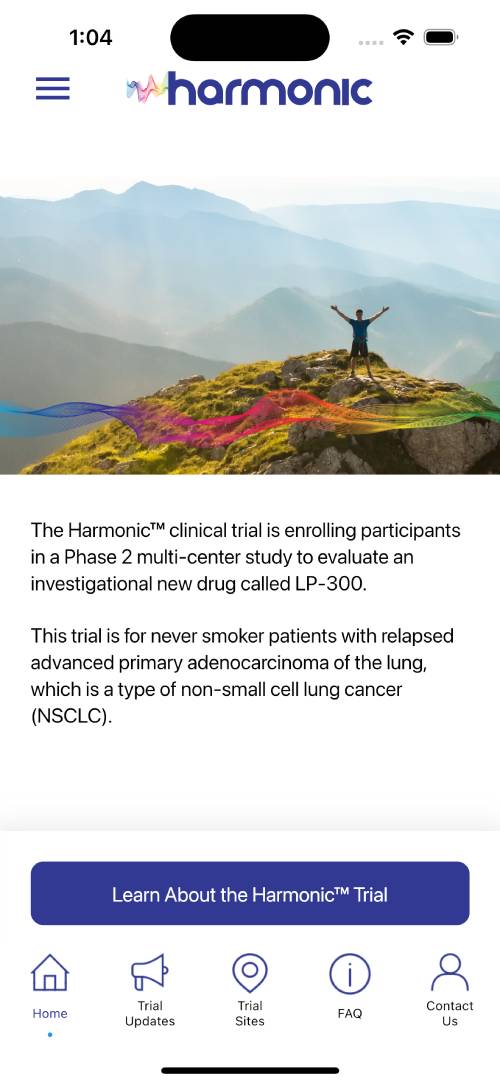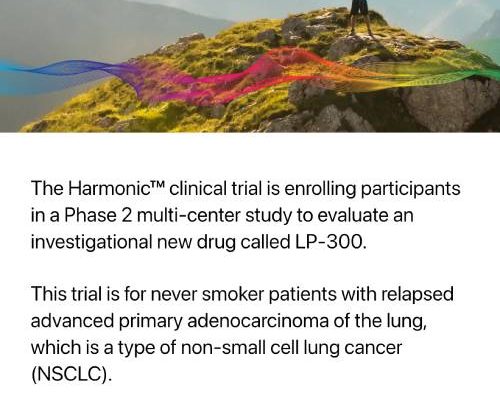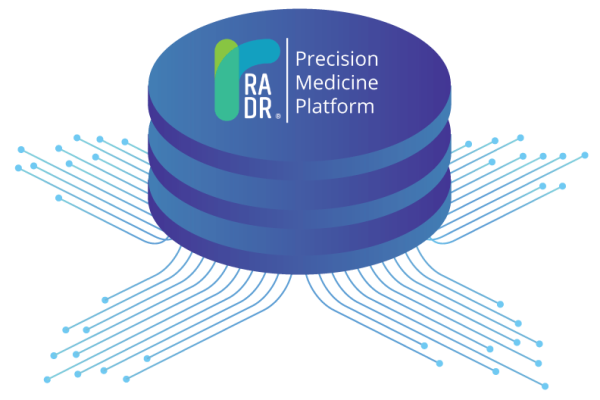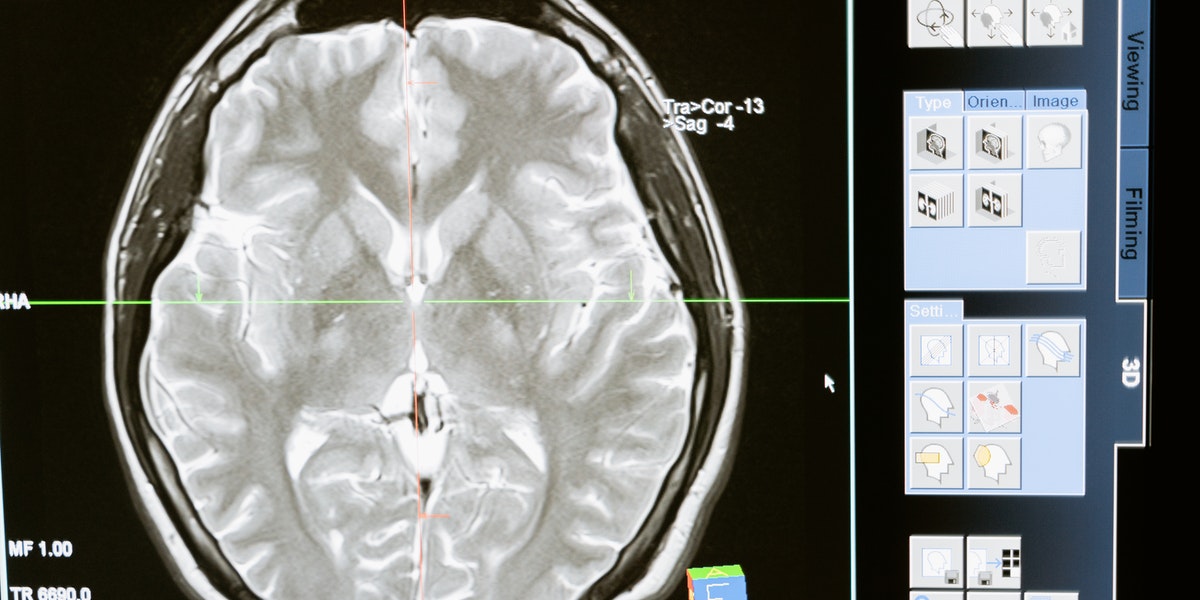
As per reports, Doctors are studying the possibility of amyloid plaque lodged between the brain’s nerve cells and tangled tau protein fibers forming within the cells as the hallmark of Alzheimer’s disease. The study suggests combination therapies addressing both amyloid plaque buildup and neuroinflammation may prove effective against Alzheimer’s disease.
However, amyloid plaque (broken pieces of protein that clump together) is also present in the brains of older adults that do not develop Alzheimer’s, suggesting that other factors may develop the disease.
The inflammation in the brain drives the progression from the presence of amyloid plaque and tau tangles to the start of Alzheimer’s and dementia disease, as per the new study.
Neuroinflammation:
Earlier, scientists have observed neuroinflammation in people suffering from Alzheimer’s however, the new study shows its significant role in the development of the disease for the first time. The research adds that activating the brain’s immune cells, its microglial cells promotes the spread of tangled tau proteins that comprise amyloid plaque.
The researchers used MRI and PET scans to study across 130 people in the age and Alzheimer’s disease spectra, observing and studying the presence and extent of amyloid plaque, microglial activation, and tau tangles.
Working On Insight:
Controlling neuroinflammation successfully as a means of treating Alzheimer’s disease has challenges.
“Several different anti-inflammatory drugs can potentially reduce neuroinflammation. However, some of them have already been tested in clinical trials aiming to mitigate cognitive decline but failed. As a young resident neurologist in my home country of Brazil, I noticed that many patients with Alzheimer’s disease are left neglected and without access to appropriate care. Our research suggests that combination therapy aimed to reduce amyloid plaque formation and limit neuroinflammation might be more effective than addressing each pathology individually,” stated Dr. Pascoal.
DISCOVER
Discover more about INmune Bio, Inc. (NASDAQ: INMB), a publicly traded clinical-stage biotechnology company that is focused on developing treatments that target the innate immune system to fight disease like Alzheimer’s.
After the close on Wednesday, Sept. 1, 2021 INmune Bio, Inc. (NASDAQ: INMB) announced that XPro™ (pegipanermin), the Company’s selective DN-TNF inhibitor candidate for the treatment of Alzheimer’s disease (AD), treatment resistant depression, and other neurological diseases where neuroinflammation is implicated, has been found to decrease multiple species of Phospho Tau (pTau) and improve neuroimaging biomarkers of myelination in patients with AD. These biomarker data are from the analysis of the Company’s recently concluded Phase 1 study of XPro™ in Alzheimer’s patients. AD patients treated with 1.0 mg/kg of XPro™ once a week for three months had a 46% reduction is CSF pT217 (p<0.0001) and a lesser reduction in pT181 (p<0.01). While pT181 is recognized as the standard CSF biomarker of AD, recent studies suggest that pT217 has higher discriminative accuracy for AD and a stronger correlation with amyloidosis and cognitive decline. The Company also reported improvement in white matter MRI metrics, including a 16% improvement in radial diffusivity, a biomarker of remyelination. These data add to previously reported improvements in apparent fiber density (axonal integrity), and free water (neuroinflammation). In each metric, improvements continued throughout the 12-month extension trial (the last time point assessed).
The Company plans to start enrolling a blinded, randomized Phase 2 trial in patients with mild AD by the end of 2021. The six-month trial will enroll 200 patients at centers across North America and Australia. Patients will receive 1mg/kg of XProTM weekly by subcutaneous injection. The primary endpoint is EMACC (Early AD/Mild Cognitive Impairment Alzheimer’s Cognitive Composite), a sensitive measure of cognitive function. INmune Bio management will host an investor webinar to review these findings and additional phase 1b data in greater detail on Tuesday, September 7, 2021 at 4:30 pm ET. The registration link is: https://us06web.zoom.us/webinar/register/WN_IlMwrkPGRa63319QM91YFg.

Please visit the VP Watchlist Page for INmune Bio (INMB) at this link!
Vista Partners LLC (”Vista”) is a California Registered Investment Advisor based in San Francisco. Vista delivers timely and relevant insights via the website: www.vistapglobal.com with daily stories, weekly market updates, monthly macroeconomic newsletters, podcasts, & Vista’s proprietary equity and market research to help you stay informed and stay competitive. Vista’s mission is to invest partner capital while arming investors with a comprehensive global financial perspective across all market sectors. Vista also seeks to provide select issuers with actionable advice regarding fundamental development, corporate governance, and capital market directives.
Stay Informed! Stay Competitive! Please join us at Vista Partners, and receive our FREE email updates throughout the week and view our exclusive content and research.
